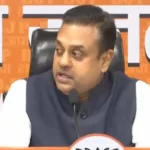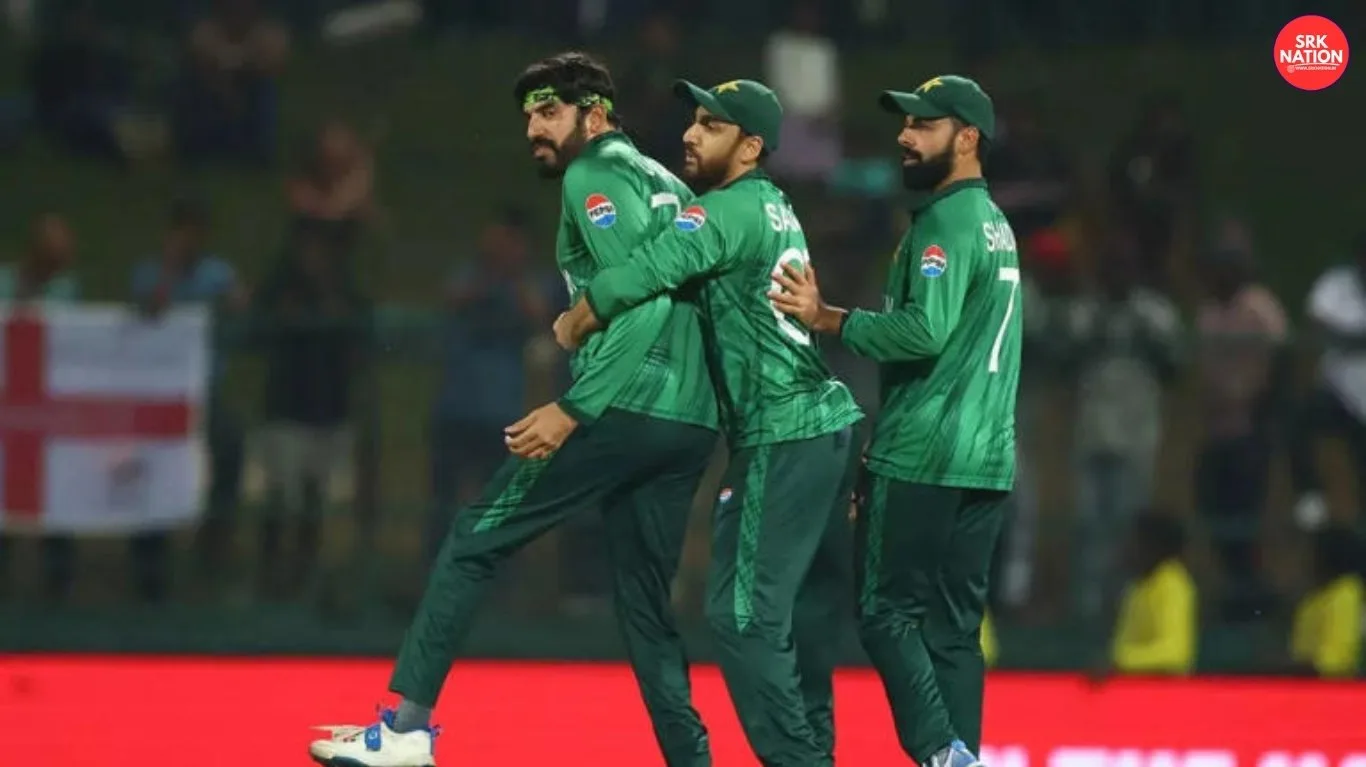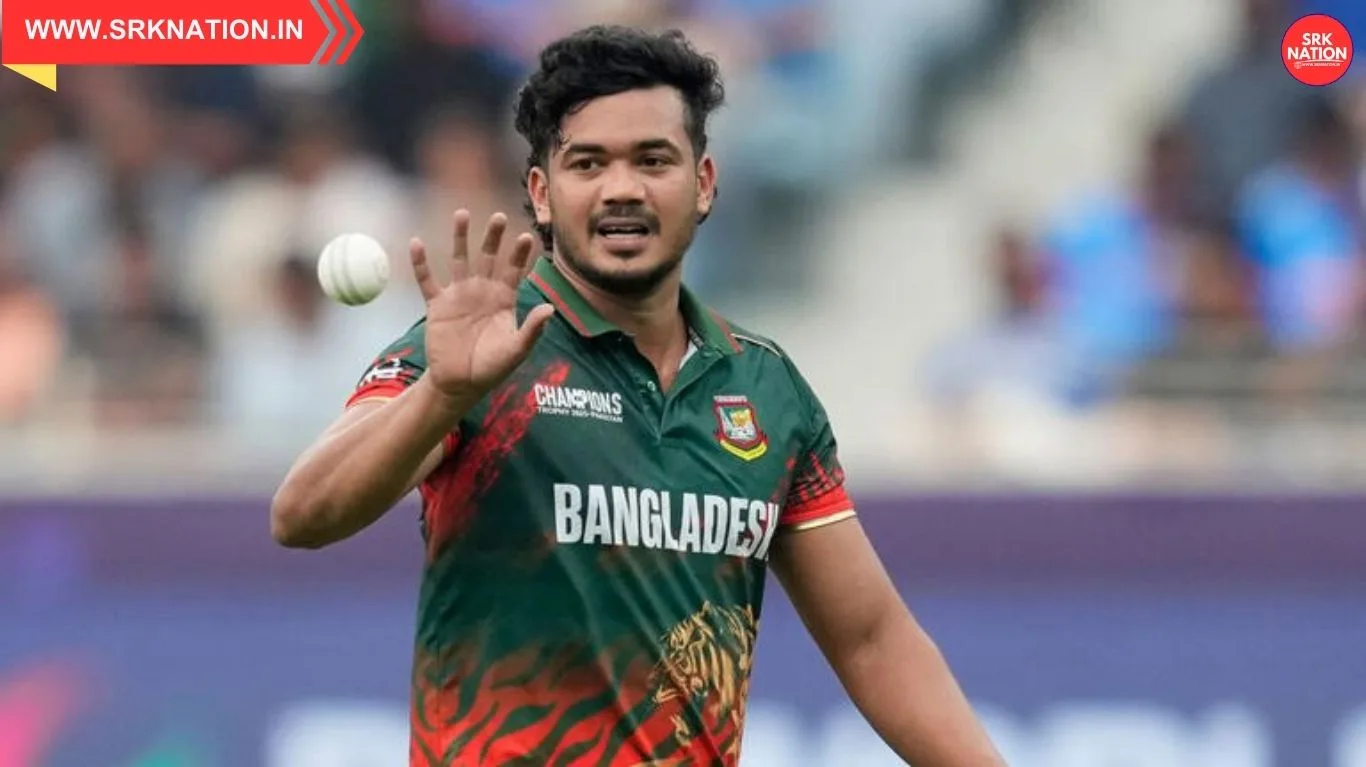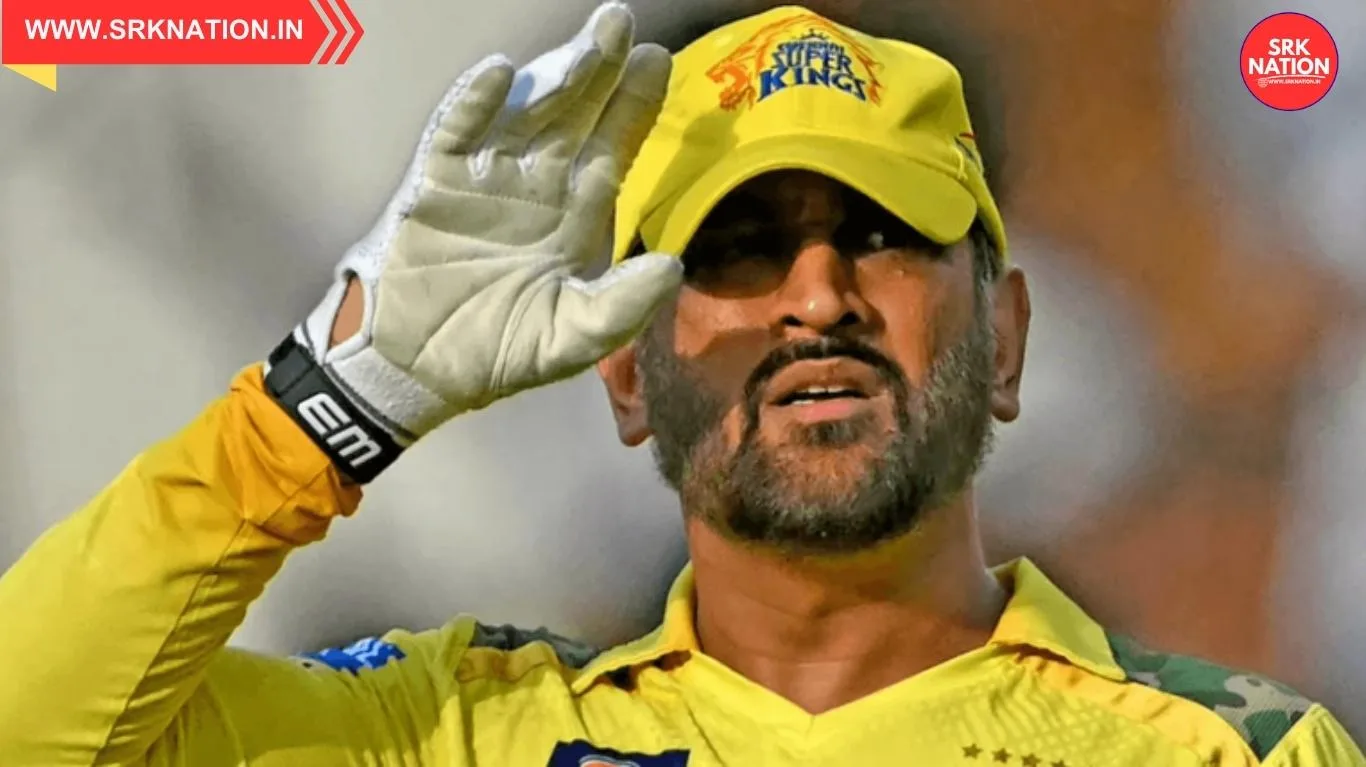In a significant push for transparency and accountability in Indian sports administration, the Ministry of Youth Affairs and Sports has formally urged the Board of Control for Cricket in India (BCCI) to conduct its upcoming elections in accordance with the newly enacted National Sports Governance Act, 2025. The directive comes ahead of the BCCI’s Annual General Meeting scheduled for the last week of September, where key office-bearer positions, including the presidency, are up for election.
The ministry’s recommendation signals a major shift in the governance of India’s richest and most influential sports body, which has traditionally operated as a private entity outside the purview of government oversight. With the National Sports Governance Act now law, the BCCI—along with all other National Sports Federations (NSFs)—is expected to align its electoral procedures, age limits, and transparency norms with the new framework.
🧭 What the Sports Ministry Wants: Elections Under New Act
The Sports Ministry has made it clear that it would prefer the BCCI elections to be conducted under the provisions of the National Sports Governance Act. However, if the detailed rules and guidelines of the Act are not notified in time, the elections may proceed under the Supreme Court-approved Lodha Committee recommendations.
| Governance Framework | Key Provisions | Applicability to BCCI |
|---|---|---|
| Lodha Committee Guidelines | Age cap of 70, cooling-off periods | Currently in force |
| National Sports Governance Act | Age cap extended to 75 (if ICC permits), RTI compliance, electoral transparency | Expected to replace Lodha norms |
The ministry aims to notify the Act’s detailed rules within the next few months, but intends to have them ready well before the BCCI elections to ensure compliance.
📊 Key Differences Between Lodha Guidelines and New Act
| Criteria | Lodha Committee Recommendations | National Sports Governance Act |
|---|---|---|
| Age Limit for Office-Bearers | 70 years | 75 years (if international body permits) |
| RTI Applicability | Not applicable | Applicable to recognized sports bodies |
| Election Oversight | Supreme Court-monitored | National Sports Tribunal and Sports Board |
| Recognition Mechanism | Not defined | Annual recognition by National Sports Board |
| Dispute Resolution | Courts | Mandatory first appeal to Sports Tribunal |
The new Act introduces a more centralized and accountable system, bringing sports bodies under the government’s regulatory umbrella while respecting international norms.
🧠 Implications for BCCI Leadership
The tenure of current BCCI President Roger Binny has ended as he crossed the age of 70. Under Lodha guidelines, he is ineligible to contest again. However, the new Act allows individuals aged between 70 and 75 to hold office if permitted by the international governing body—in this case, the International Cricket Council (ICC), which has no age restrictions.
| Position | Current Status | Eligibility Under Lodha | Eligibility Under New Act |
|---|---|---|---|
| President (Roger Binny) | Term ended | Ineligible (age cap) | Eligible (if ICC permits) |
| Secretary General | Up for election | Eligible | Eligible |
| Treasurer | Up for election | Eligible | Eligible |
The BCCI has not yet announced an interim president, and the upcoming elections will determine the future leadership structure.
🔍 Transparency and RTI Compliance
One of the most transformative provisions of the National Sports Governance Act is the inclusion of recognized sports organizations under the Right to Information (RTI) Act. This means that once recognized, the BCCI will be required to disclose information related to its operations, decisions, salaries, and policies upon request.
| RTI Applicability | Description |
|---|---|
| Recognized Sports Bodies | Must comply with RTI provisions |
| BCCI Status | Will need recognition to fall under RTI |
| Public Access | Tenure, salaries, decisions, policies |
This provision is expected to enhance public accountability and reduce opacity in cricket administration.
📉 Political Reactions and Legal Challenges
The move has sparked political debate, with opposition leaders accusing the Centre of “bulldozing” the Act to bring the BCCI under its control. Congress leaders have argued that the BCCI is being given “favoured treatment” compared to other federations, while legal experts anticipate constitutional challenges over autonomy and jurisdiction.
| Stakeholder | Reaction Summary |
|---|---|
| Congress | Accuses Centre of overreach |
| Legal Experts | Predict court challenges on autonomy |
| Sports Ministry | Defends move as reform-driven |
| BCCI | Yet to issue formal response |
The Delhi High Court is also hearing a related case involving the Boxing Federation of India’s elections, which may set a precedent for how the new Act is implemented across federations.
🧠 Expert Commentary: Reform or Regulation?
Sports governance experts have welcomed the Act as a long-overdue reform. Dr. Radhika Menon, a policy analyst, said:
“Bringing BCCI under a transparent, accountable framework is essential. The Act balances autonomy with oversight.”
However, others caution that implementation must be gradual and consultative to avoid friction with international bodies like the ICC.
📌 Conclusion
The Sports Ministry’s call for the BCCI to conduct its elections under the National Sports Governance Act marks a pivotal moment in Indian sports administration. If implemented, the Act could usher in a new era of transparency, inclusivity, and accountability in cricket governance.
As the September elections approach, all eyes will be on whether the BCCI aligns with the new framework or continues under the Lodha Committee’s legacy. Either way, the winds of change are unmistakable—and the future of Indian cricket governance hangs in the balance.
—
Disclaimer: This article is based on publicly available government statements and media reports as of August 21, 2025. It is intended for informational purposes only and does not constitute legal or political advice.











